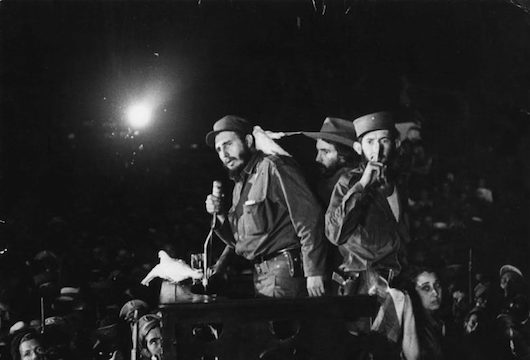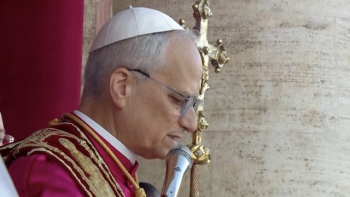Fidel Castro, the former Revolutionary leader of Cuba has died. The news was announced by his brother Raoul Castro, the current leader of Cuba.
"The commander in chief of the Cuban revolution died at 22:29 hours this evening," President Raul Castro said on Friday, November 25, 2016.
President Raoul Castro said, in a message to the Cuban nation the nation broadcasted on state television that Fidel Castro had died and will be cremated on Saturday, November 26,
2016. The cremation will be followed by days of national mourning.
Fidel Castro has ruled Cuba for almost 50 years, after his guerrilla defeated the dictatorial Fulgencio Baptista's regime in 1959. Born in 1926, in the south-eastern Oriente Province of Cuba, he started as a student activist leader. He was imprisoned in 1953 after an unsuccessful rising against Batista's regime.
Released from prison in 1956 under a pardon, he travelled to the United States to seek funding. Castro then fled to Mexico and, with Che Guevara launched a guerilla movement in 1956 to fight the Baptista regime. He returned to Cuba in 1956, through the Gulf of Mexico on a yacht named Granma. After losing most of his ragtag rebels in a failed landing, he retreated into Cuba’s eastern Sierra Maestra mountains, where he reorganized and recruited. Among the commanders were his younger brother, Raoul Castro.
He was a great military leader who managed, despite a small army of guerrillas, to overthrow, with decisive popular support, the powerful regime of Fulgencio Batista in 1959.
Within two years of overthrowing the Batista regime, he aligned the Cuban revolution to the Marxist-Leninist block and allied Cuba with the Soviet Union.
In 2008, Fidel Castro gave up power due to health reasons and was replaced by his brother Raoul Castro. Since then, he was rarely seen in public. Last April, Fidel Castro, in a unique speech to Communist Party congress admitted that he may not have a long time to live but the Cuban communist concepts were still valid and the Cuban people "will be victorious".
A long time adversary of the United States, he has lived enough to see the normalization of relations between the US and Cuba, signed between President Obama and Raoul Castro on December 17, 2015.
Fidel Castro's revolutionary Cuba has played a major role if the decolonization and independence movements across Africa, South America and South East Asia. It has also greatly contributed to the development of the healthcare sector in several developing countries, supplying medical doctors and nurses and training local medical professionals.

















